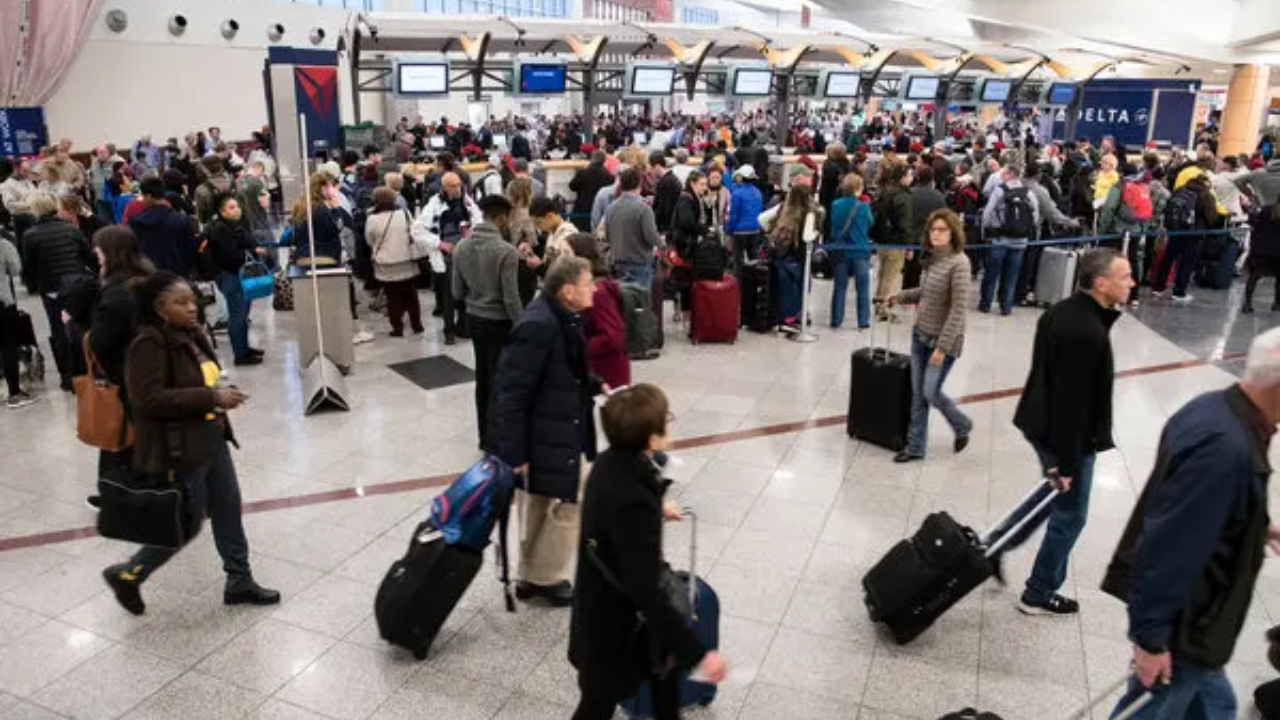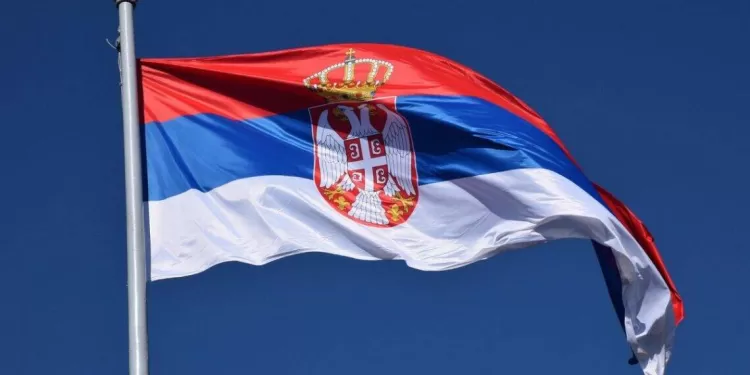Bangladesh Frees 178 Troops Who Were Detained Over Deadly 2009 Mutiny

Join our WhatsApp Community to receive travel deals, free stays, and special offers!
- Join Now -
Join our WhatsApp Community to receive travel deals, free stays, and special offers!
- Join Now -
Bangladesh let 178 former paramilitary troops walk free from jail Thursday, nearly 16 years after they were detained over a violent mutiny that massacred dozens of senior army officers.
Rampaging troops from the Bangladesh Rifles (BDR) murdered 74 people during the two-day revolt that began in Dhaka and spread across the country in 2009, destabilising the government of then-premier Sheikh Hasina weeks after she took office.
Thousands of participants were rounded up after the mutiny ended with more than 150 initially sentenced to death in trials criticised by rights groups for procedural shortcomings.
Those bailed on Thursday had been acquitted of murder charges, but were kept in custody on accusations of violating explosives laws - with their cases still pending more than a decade after the revolt.
"I can't express my feelings in words. I am returning to my family. I came out of a life full of darkness into the light," newly released prisoner Abul Kashem, 38, told AFP.
The releases came months after the ouster of Hasina following a student-led uprising against her 15 years of autocratic rule over the South Asian nation.
Relatives of the jailed men thronged prisons in Dhaka from early in the morning after news of the impending release spread.
"It feels like a dream. I never would have imagined he could come out of jail if Hasina was still in power," Shiuly Akter, 40, the wife of one of the men released on Thursday, told AFP.
"There was no justice here; what happened to us was unfair. My husband knew nothing about the mutiny or the killings. He was just a novice in the BDR when he was arrested."
A previous official investigation into the mutiny blamed years of pent-up anger among ordinary soldiers, who felt their appeals for pay rises and better treatment were ignored.
But that probe was carried out during Hasina's tenure, and her opponents have claimed her involvement in a conspiracy to orchestrate the mutiny in a plan to weaken the military and bolster her own power.
Since her fall, families of soldiers killed in the violence have been campaigning to reopen the investigation, a demand met last month by the interim government which replaced Hasina's regime.
The mutineers stole thousands of weapons from the BDR headquarters before embarking on a killing spree in the barracks.
The uprising quickly spread, with thousands of soldiers pledging allegiance to the mutineers before it was dismissed by the army.
(This story has not been edited by NDTV staff and is auto-generated from a syndicated feed.)
What's Your Reaction?
 Like
0
Like
0
 Dislike
0
Dislike
0
 Love
0
Love
0
 Funny
0
Funny
0
 Angry
0
Angry
0
 Sad
0
Sad
0
 Wow
0
Wow
0



















































